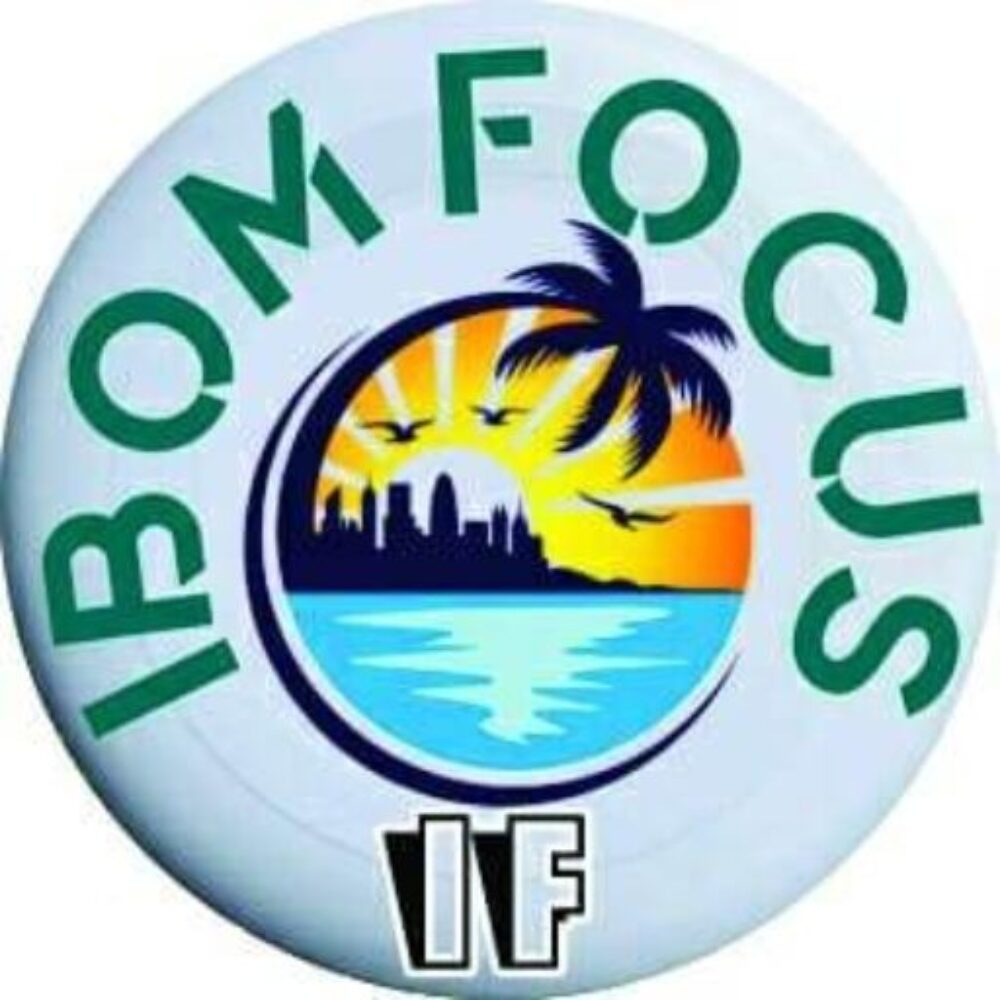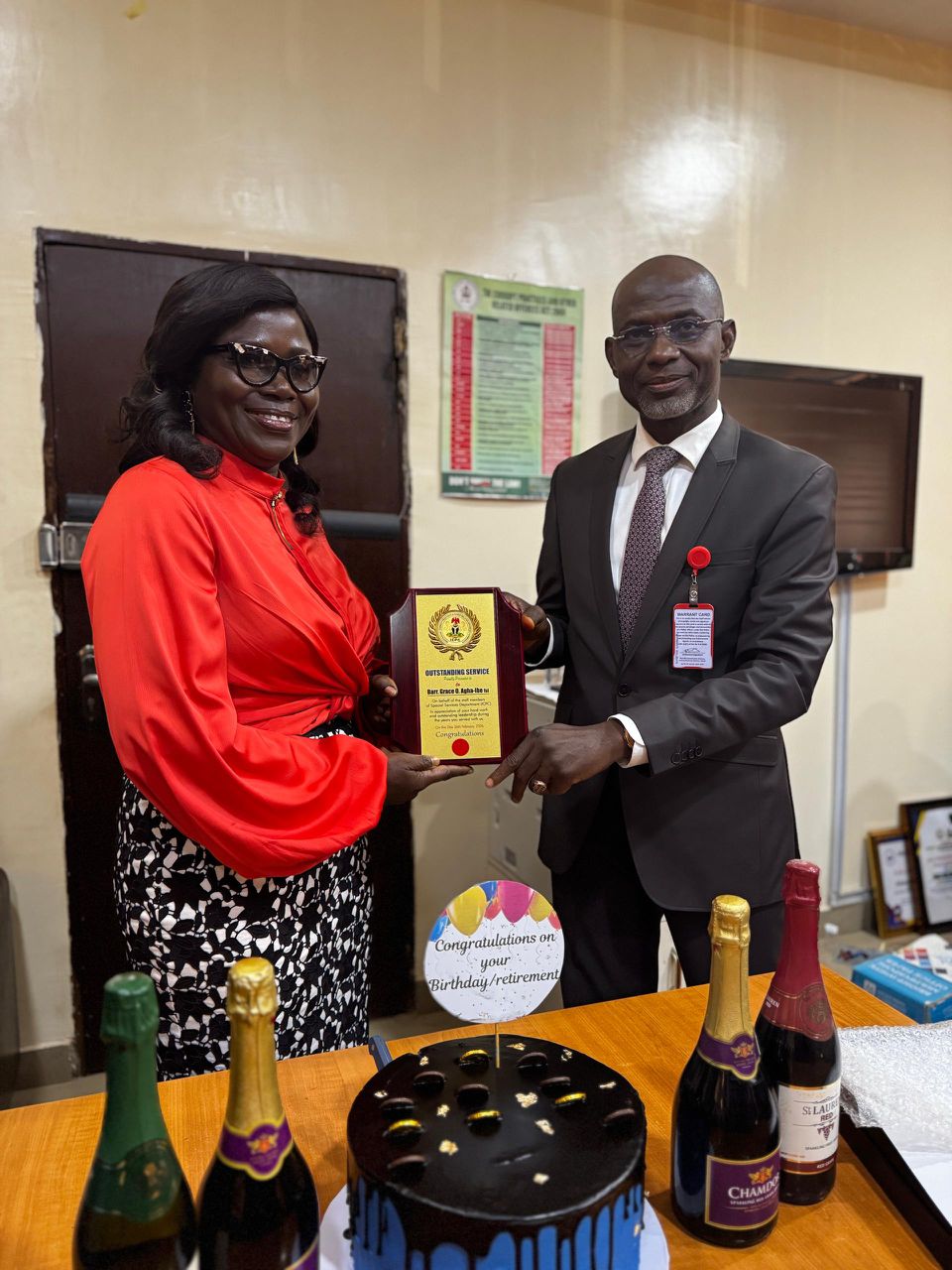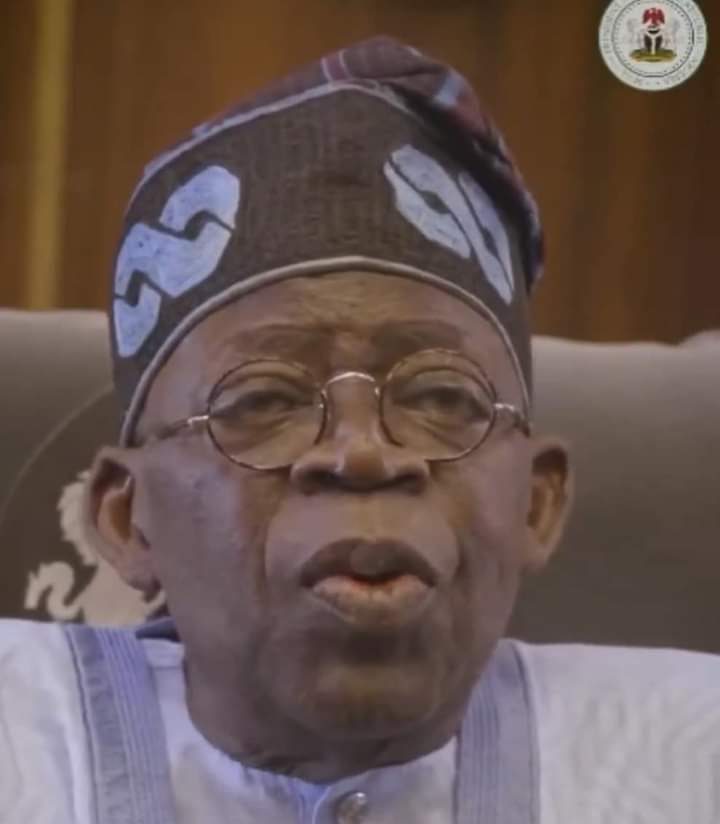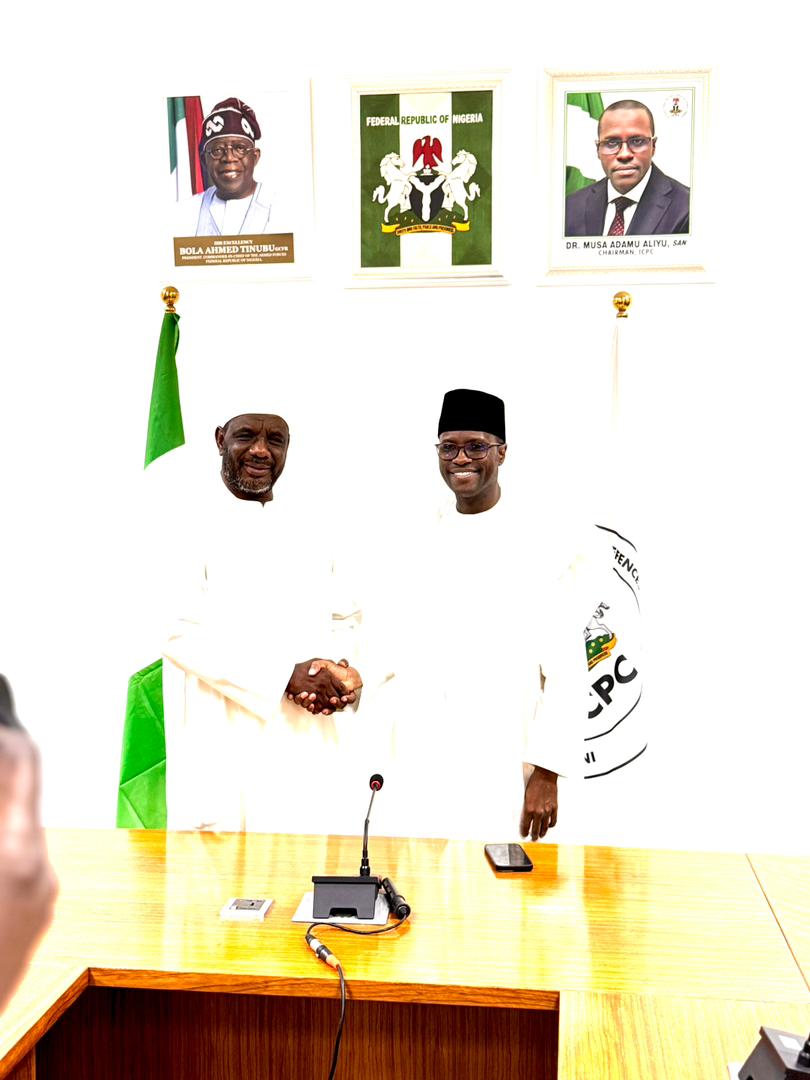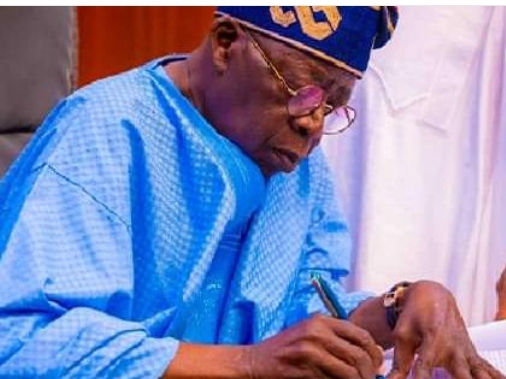
BREAKING: Tinubu Seeks Fresh N7.1 Trillion Loans Less Than 48 Hours After Budget Presentation
President Bola Ahmed Tinubu has sought the Senate approval to borrow $8,699,168,559 and €100 million to execute critical projects across the country.
The figures put together amount to N7, 097,738,729,598.
The president’s request was contained in a letter read at the commencement of plenary on Tuesday by Senate President Godswill Akpabio.
It reports that the fresh loan request will add over N7 trillion to the national debt, which stood at N87.38 trillion as of June 2023, according to the Debt Management Office (DMO).
The $8,699,168,559 at the prevailing exchange rate is equal to N7, 009,268,074,728.66; while €100m equals N88, 470,654,870.00.
When added to the existing total public debt of N87.37trn, the debt profile will rise to over N94 trillion.
Tinubu, in the letter, explained that the request was part of the federal government 2022-2024 external borrowing plan approved by former President Muhammadu Buhari’s administration.
He said the projects to be funded with the loan cut across different sectors of the economy, and were selected based on economic evaluation and the expected contribution to the country’s development.
The letter reads, “I write in respect of the above subject and to submit the attached the federal government 2022-2024 external borrowing plan for consideration and early approval of the National Assembly to ensure prompt implementation of the projects.
“The Senate may wish to note that the past administration approved a 2022-2024 borrowing plan by the Federal Executive Council (FEC) held on May 15, 2023.
“The projects cut across all sectors, with specific emphasis on infrastructure, agriculture, health, water supply, roads, security, and employment generation as well as financial management reforms.
“Consequently, the required approval is in the sum of $8,699,168,559 and €100 million.
“I would like to underscore the fact that the projects and programmes in the borrowing plan were selected based on economic evaluations as well as the expected contribution to the social economic development of the country, including employment generation and skills acquisition.
“Given the nature of these facilities and the need to return the country to normalcy, it has become necessary for the Senate to consider and approve the 2022- 2024 external abridged borrowing plan to enable the government to deliver its responsibility to Nigerians.”
Experts caution on borrowing
However, with the expected rise in the total public debts, experts warned that there was the need for Nigeria to scale down on borrowing, describing the trend as worrisome.
Professor Adeola Adenikinju of the Department of Economics, University of Ibadan, said the rising public debt called for concerns.
While he said that the revenue base of the government was relatively low, he stated that overtime, there was little to show for the debt previously incurred.
He said, “As a country, we need to be very careful about the rising indebtedness, we should be worried and that is simply because over time there has been very little link between the level of debt incurred and development outcomes.
“We have debts that are rising and at the same time we also have worsening economic development indicators. So we need to be concerned.
“As a country, we need to find a way of expanding our revenue base and to expand our revenue base, it also includes stimulating the economy itself so that when the economy is okay, the tax capacity of the people would also increase,” he added.
He advised the government to cut down on the cost of governance, adding, “If Nigerians are tightening their belt and everybody is complaining, the government also has to be very careful in terms of the type of expenditure they embark on.”
A former President of the Chartered Institute of Taxation of Nigeria (CITN), Adesina Adedayo, said the new debt would be a burden on the already overburdened citizenry.
He said, “Naturally, we should be worried irrespective of what we are trying to rationalise. We need to be worried. Secondly, while there are some things called good debts, there are some things called bad debts. The purpose for which a debt is secured and the utilisation of such debt impacts on the economy.
“If it is used for the purpose of developmental projects, sooner or later the payback will soon come. But most of the debts we have been incurring in the past and even some that we are incurring currently don’t have the potential to pay back in the nearest future. So it is a burden on an already overburdened citizenry.
“A lot of our people are not gainfully employed. So our productivity capacity is low. So, our ability to pay our debt would put a lot of burden on us. So we keep talking about going into that rabid hole of incurring more and more debts to just make ourselves look good but the truth of the matter is that, we are not productive, we are not running a productive economy. Debt to us is a burden because it is not being utilised for the purpose for which it would have impacted positively on the economy that is my opinion.”
‘They must avoid supplementary budget like expenditure’
Dr Ibrahim Aliyu, who works with one of the first generation banks, said the president and his team must avoid channelling the borrowed monies to fund irrelevant projects.
“We are yet to come to terms with the recent supplementary budget the president sent to the National Assembly in which he spoke about a yacht, luxury vehicles for his wife, among others.
“Even though they somehow backtracked on the yacht issue, most of the things listed are not a priority for a country that is heavily overburdened by loans while millions of its citizens go to bed hungry,” Dr Aliyu said.
Daily Trust recalled that the federal government had initiated a N2.17 trillion supplementary budget.
In it, the government budgeted N5 billion each for the purchase of a presidential Yacht and another N5.5 billion for the Education Loan Fund as part of the implementation of the Higher Education Access Act, 2023, otherwise known as Students Loan Act.
Also, N28 billion was budgeted for the purchase of luxury cars for the president, the first lady, as well as the renovation of the president’s residence among other spending for the State House.
